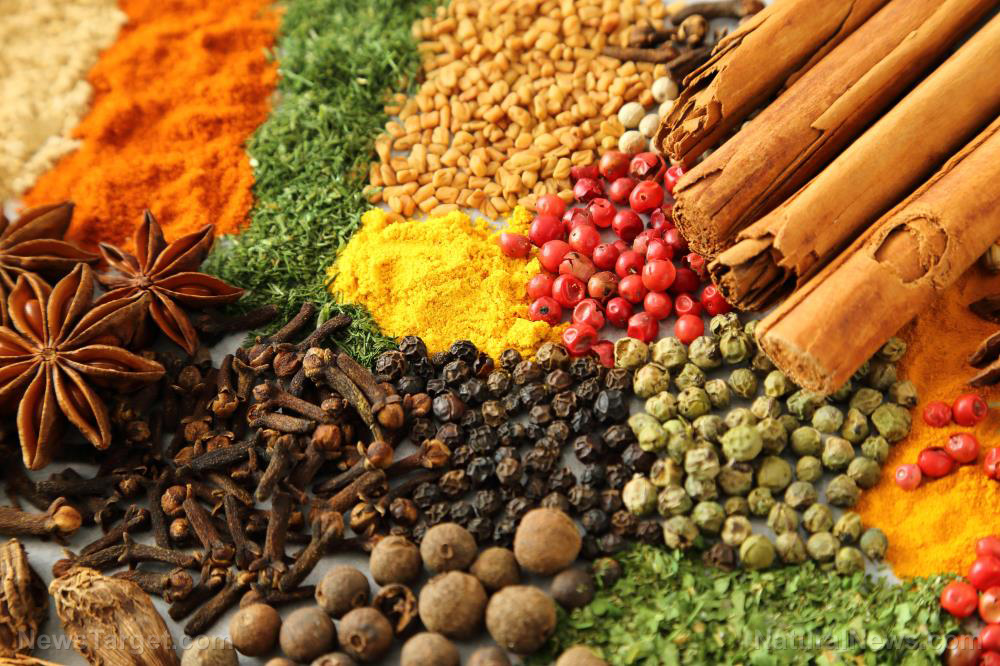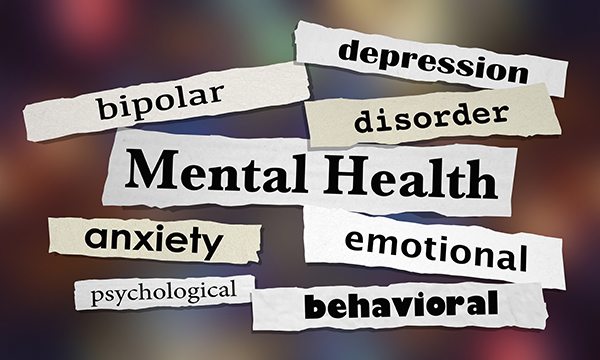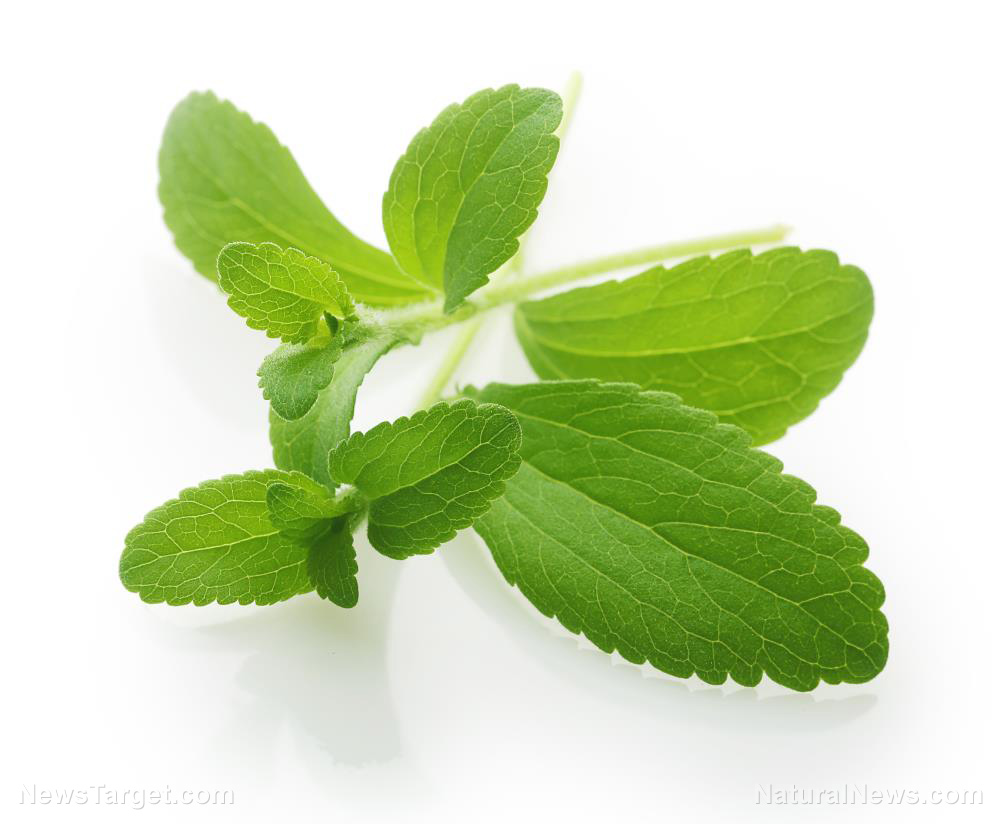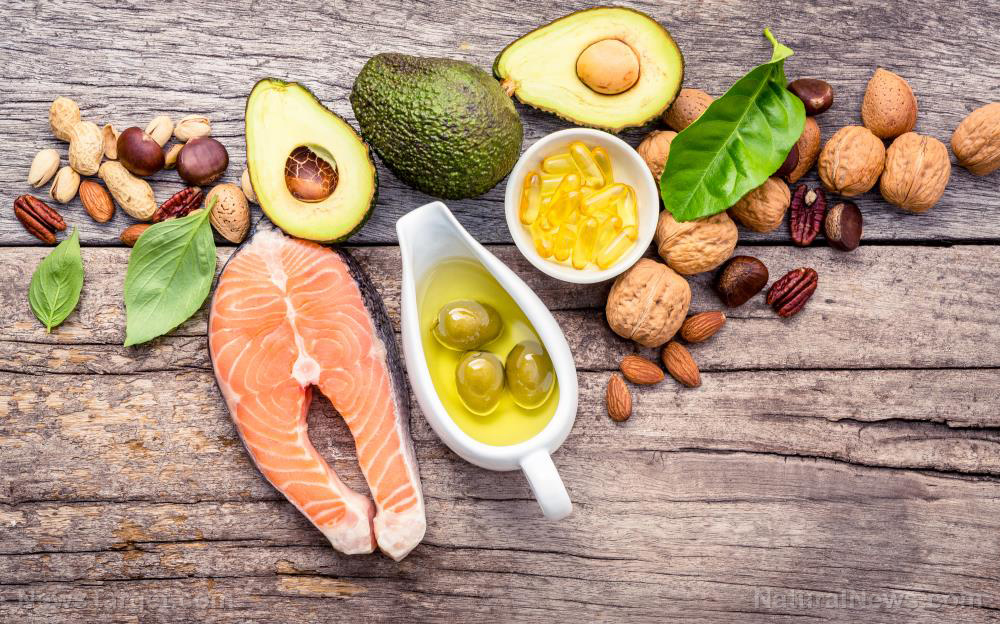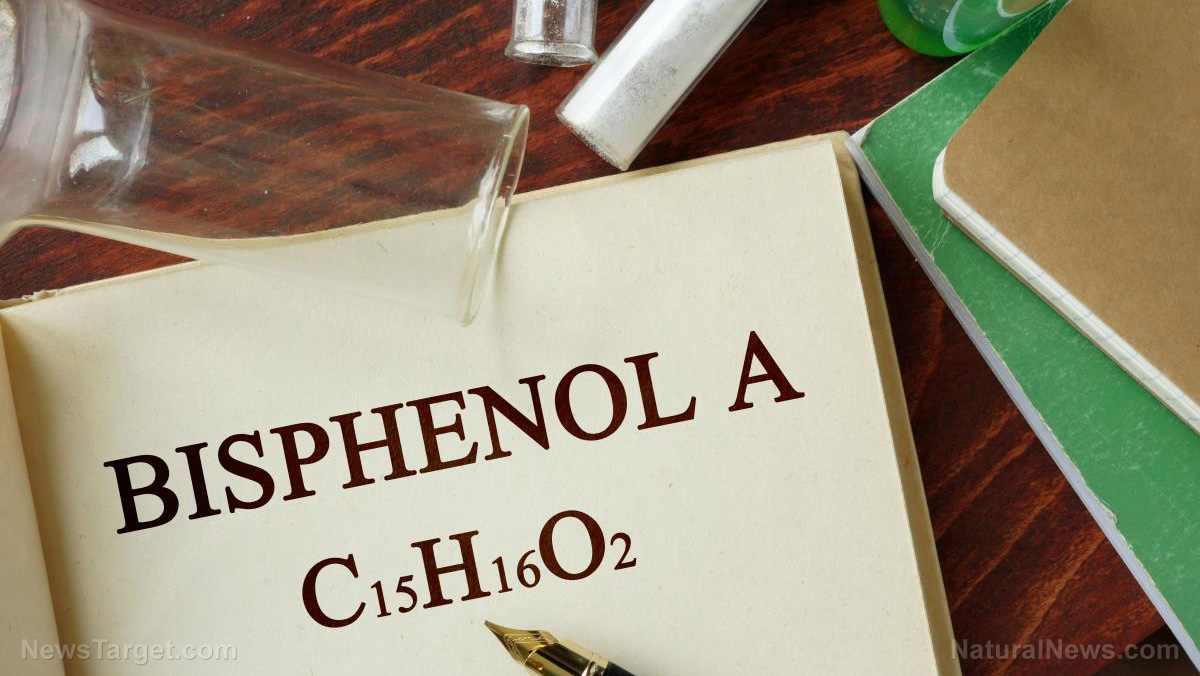STRESS REDUCTION 101: Drink plenty of filtered or spring water daily to prevent your stress hormones from going into overdrive – per study
08/28/2025 / By S.D. Wells

Thousands of health articles around the world talk about drinking lots of water daily to stay hydrated, but what kind of water are they talking about? Do they mean straight from the tap or water that’s sold in plastic bottles, because if so, that’s the WRONG kind to be consuming. You need spring water or water that has been run through a high-grade filter; to filter out the fluoride, bleach, heavy metals, other people’s medications, artificial sweeteners, and parasites found in municipal taps. And the plastic bottled water contains chemical contaminants, especially when those bottles get heated up in the summer. Now we can talk about hydrating.
Most people know that drinking enough water is essential for physical health, but new research shows it may also play a surprising role in how the body handles stress. A recent study published in The Journal of Applied Physiology found that people who habitually drink less water experience significantly stronger spikes in cortisol—the body’s primary stress hormone—than those who stay well-hydrated.
- Researchers found that young adults who drank less than 1.5 liters of fluid daily had a 55% stronger cortisol spike during stress compared to those drinking around 4 liters, suggesting hydration directly influences the body’s stress response.
- Low hydration triggers arginine vasopressin (AVP), a hormone that conserves water but also stimulates higher cortisol release, making under-hydrated individuals more prone to exaggerated stress reactions.
- Practical hydration indicators like urine color correlated with stress levels—darker urine (level 4 or higher) was linked to stronger cortisol surges, while lighter urine reflected a more balanced response.
- Chronic low fluid intake may contribute to long-term health risks—such as cardiovascular disease, metabolic disorders, and weakened immunity—by keeping cortisol levels elevated, highlighting hydration as a simple but powerful tool for resilience.
Hydration and Stress: How Water Intake Shapes Your Body’s Response
Researchers from Liverpool John Moores University recruited 62 young adults, eventually narrowing the sample to 32 participants split into two groups: low drinkers, who averaged just 1.3 liters of fluids per day, and high drinkers, who averaged 4.4 liters. Over the course of a week, their hydration levels were carefully tracked and confirmed with urine tests.
Participants then faced the Trier Social Stress Test, a standard lab challenge involving a mock job interview and mental math before an unsmiling panel. Researchers collected saliva samples, measured heart rate, and assessed anxiety before, during, and after the stress task.
Key Findings
Both groups felt anxious and experienced faster heart rates, but their hormonal responses diverged sharply. Those in the low fluid intake group had cortisol levels that spiked 55 percent higher and remained elevated even after the stress ended. By contrast, the high drinkers showed little cortisol increase above baseline.
The mechanism may lie in arginine vasopressin (AVP), a hormone that conserves water when the body is under-hydrated. AVP also activates the stress system, priming the body for stronger cortisol release. In essence, a habit of low fluid intake keeps the stress response on edge, making challenges trigger sharper hormonal surges.
A Practical Hydration Check
Beyond lab tests, the study highlighted a simple tool anyone can use to gauge hydration: urine color. Participants with darker urine (level 4 or higher on an eight-point chart) consistently showed stronger cortisol reactions. In other words, if your urine is often dark yellow in the morning, your body may also be primed for heightened stress reactivity.
Broader Health Implications
While cortisol is helpful in short bursts, chronic elevation contributes to inflammation, suppressed immunity, and increased risks for cardiovascular disease and metabolic disorders. Prior studies have already linked low hydration to kidney problems, heart issues, and poor metabolic health. This research provides a potential explanation: inadequate fluid intake may exacerbate stress responses, which in turn harms long-term health.
How Much Water Is Enough?
Health guidelines recommend around 2.5 liters daily for men and 2 liters for women, including fluids from food. Yet many adults fall short, often substituting coffee, soda, or alcohol instead of plain water. The study’s high drinkers consumed far more than guidelines, but the takeaway isn’t to force four liters daily—it’s to ensure basic hydration needs are met consistently.
Though small and limited in scope, this study is the first to show a direct link between habitual hydration levels and stress hormone responses. The findings suggest that staying adequately hydrated could make the body more resilient under pressure.
In a world where stress is nearly unavoidable, reaching for a glass of water might be one of the simplest ways to protect both mind and body.
Tune your food news frequency to FoodSupply.news and get updates on more junk science food stuff and toxic tap water that drives chronic diseases and disorders so Big Pharma can take your money.
Sources for this article include:
Submit a correction >>
Tagged Under:
clean water, filtered water, hydration, natural medicine, prevention, remedies, spring water, stay hydrated, stress reduction, water, water health
This article may contain statements that reflect the opinion of the author





